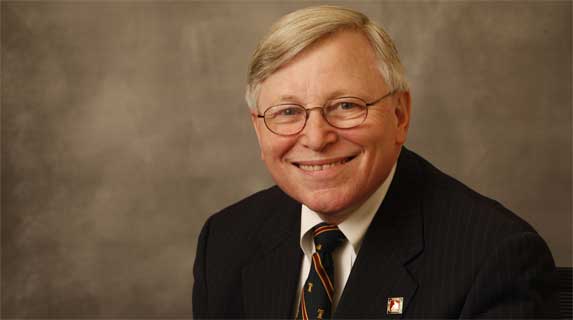The Second Amendment to the United States Constitution, which was ratified in 1791, provides: “A well regulated militia, being necessary to the security of a free State, the right of the people to keep and bear Arms, shall not be infringed.” For more than two centuries, scholars debated the intent of these 27 words. Was the Second Amendment intended to be a limitation on Government only in the context of a “well regulated militia,” or was the Second Amendment intended to be a broader limitation on the power of Government?
The Second Amendment has been hotly debated. Gun ownership and gun rights have sharply divided liberals and conservatives. Conservatives, in particular members of the National Rifle Association (NRA), have taken the position that (1) Government should stay out of our lives generally; (2) the Second Amendment provides an absolute right to gun ownership and possession, and the Government cannot regulate guns; (3) law-abiding citizens have a right to defend themselves against criminals; and (4) if it is a crime to possess guns, then law-abiding citizens will comply with the law, and only criminals will have guns.
Liberals, on the other hand, have taken the position that (1) regulation of guns is well within the power of Government to control; (2) regulation of guns is essential in a nation that has many more homicides than any other nation; and (3) only with strict gun laws and harsh penalties will there be enough incentive to curtail gun use, particularly for illegal purposes.
In June 2008, in District of Columbia v. Heller, 128 S. Ct. 2783 (2008), the Supreme Court of the United States had occasion to resolve this issues, at least in part. A District of Columbia law made it a crime to carry an unregistered handgun and prohibited handgun registration. Any resident of the District of Columbia who already owned a firearm was required to keep the firearm unloaded and to disassemble or secure the firearm by use of a trigger lock. Heller is a District of Columbia police officer who carried a handgun while performing his police duties and who applied to register a handgun so that he could keep it in his home.
When he was denied registration of the handgun, Heller sought injunctive relief, arguing that the Second Amendment prevented the District of Columbia from totally proscribing handgun possession. The United States District Court for the District of the District of Columbia ruled against Heller and dismissed his case. The United States Court of Appeals for the District of Columbia Circuit reversed, holding that because the Second Amendment protects an individual’s right to possess arms, the District of Columbia’s handgun ban and “secure” storage requirement violated the Second Amendment.
The Government appealed. The Supreme Court affirmed (5-to-4), holding that the Second Amendment protects an individual’s right to possess a firearm, unrelated to his or her service in a militia, and protects the right to use firearms for lawful purposes, such as self-defense within the home. The Court noted that the Second Amendment does not protect possession of firearms (1) that are not typically possessed by law-abiding citizens for lawful purposes, such as short-barreled shotguns; (2) by felons or those who are mentally ill; or (3) in sensitive places, such as schools and government buildings. Moreover, the Second Amendment does not prohibit imposing conditions and qualifications on commercial sale of firearms.
The Second Amendment Limits Congress and the States – I
Previous post: LIFE should not mean LIFE WITHOUT PAROLE – Part II
Next post: Lawn Campaign Signs in Baltimore County

Comments on this entry are closed.